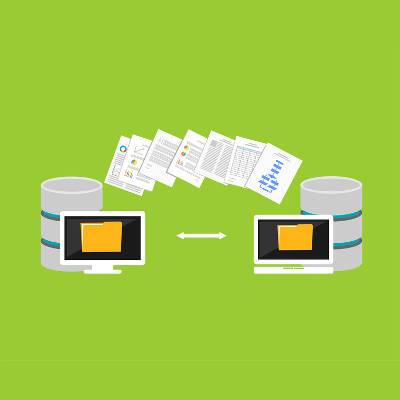Your organization is running smoothly... a disaster happens. Whether this disaster is caused by an act of God, a hacker, or one of your own employees, you must be ready. Let's take a look at several statistics that show you just how imperative having a well strategized data backup and disaster recovery plan is.
Macro Systems Blog
With the numerous threats out there that can harm your business, it’s more important than ever before to think about what your business is doing to protect its data; and, by extension, its future. Depending on the current data backup solution your business utilizes, it might be time to consider a change for the better.
If you don’t recognize the worst-case scenario when constructing your organization's disaster recovery strategy, you’ll inevitably suffer from it when it disaster strikes. Taking into account all of these nuances is one of the key ways your business can prepare for such an event. All of these instances need to be considered when implementing your business continuity plan. Let's examine this below.
How does your organization leverage data backup? Depending on the way your organization functions and your particular needs, your data backup solution will vary from others in your industry. Still, one thing is absolutely undeniable: your business can’t afford to not utilize some type of data backup system.
Business continuity planning is something every organization needs to practice; around the corner there is always some type of disaster, data-related or otherwise. Could your company survive a significant failure in your infrastructure? Could your company survive the building you work in burning down? Could your company survive a criminal stealing equipment? If your company has a business continuity plan, it's possible the company could survive all of the above scenarios.
An organization's Backup and Recovery strategy is one of the most important aspects of managing a business, especially in a world where more hackers seem to appear everyday and critical mistakes can happen in the blink of an eye. Do you know how to assure that your business is as secure as possible in the event of a disaster? A good place to start is understanding the various terminology associated with data backup and disaster recovery.
The cloud has changed the game for business technology, but perhaps its most important contribution has been to the backup and disaster recovery process. Businesses no longer have to suffer due to unforeseen circumstances such as hardware failure or cyber attacks. Instead, a cloud-based backup and disaster recovery solution, also known as BDR, can provide a considerable failsafe for your organization.
Today most companies utilize computers in the dissemination of their services. Whatever the specifics of your business, you depend on your data. Since most businesses also provide goods and services for many people that indirectly depend on it, having a plan to protect the business from potential devastation is important.
When we talk about best practices, we are typically referring to the practices used by successful companies to garner the best results. A new study by Disaster Recovery has shown that, as backup and recovery solutions go, enterprises are providing some pretty disappointing results as many fail to continuously back up their data and it results in additional inherent risk.













